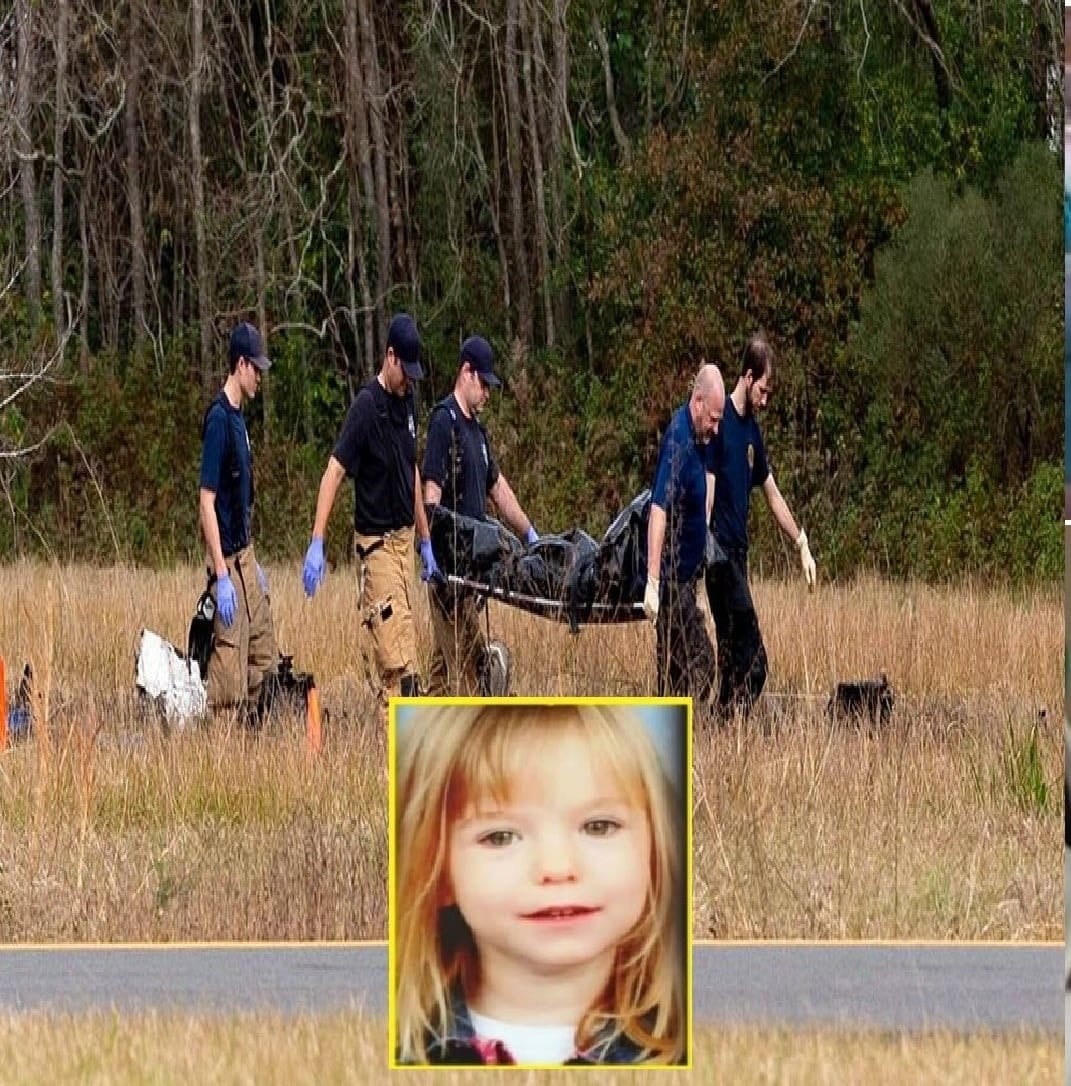For Whitney, the pain is indescribable. She had seen signs that something was wrong long before this happened. Her former husband, a military veteran, had returned home from service deeply changed. She said he struggled with post-traumatic stress disorder and emotional instability, and that she had repeatedly warned authorities about his declining mental health.
“I told them something terrible could happen,” Whitney said through tears. “I just wanted someone to listen.”Her attorney, Arianna Cozart, confirmed that Whitney made multiple reports over the past year. Each time, she described her ex-husband’s erratic behavior and asked for intervention, but her concerns were often treated as “custody-related.”
Experts say this case reflects a larger national problem — the gap between family courts, law enforcement, and mental health systems. When mental health concerns arise during custody disputes, they are often viewed as personal conflicts rather than potential safety issues.Family games
“Parents in crisis situations need faster, coordinated responses,” Cozart said. “The system is too rigid and too slow, and families are paying the price.”
The case has sparked widespread outrage and grief. Thousands have joined an online movement using the hashtag #JusticeForTheDeckerGirls, calling for reform in Amber Alert policies and greater mental health support during custody cases. Many believe that if authorities had acted sooner, this tragedy might have been avoided.
Washington lawmakers have begun reviewing the state’s alert system and its criteria for emergency responses. Advocates are also pushing for more training and resources for police and courts when dealing with families affected by mental health struggles.
Mental health professionals emphasize that Travis’s situation is not unique. Many veterans return home with untreated trauma, and without adequate care, symptoms can worsen over time. Experts are calling for improved access to therapy, crisis intervention, and long-term support for both veterans and their families.
Community members have rallied around Whitney, offering support, donations, and comfort. Vigils have been held across the state, where residents light candles, share prayers, and remember three bright young lives that touched everyone around them.
“They were joyful, loving, and full of light,” one neighbor said. “Whitney did everything she could to protect them. She just needed someone to believe her.”
As investigators continue their work, Whitney has turned her pain into purpose. She is now advocating for stronger protections for children and better systems for families who report danger. Her message is clear: when a parent says they are afraid for their child’s safety, the response should be immediate.
Her words echo the heartbreak of many parents who have faced similar battles. “If someone tells you they’re scared for their children,” she said quietly, “don’t wait. Don’t ask for proof. Just listen.”
The story of Paityn, Evelyn, and Olivia is one of unimaginable loss — but also one that may inspire lasting change. It reminds us all that protecting children means listening, believing, and acting before it’s too late.
